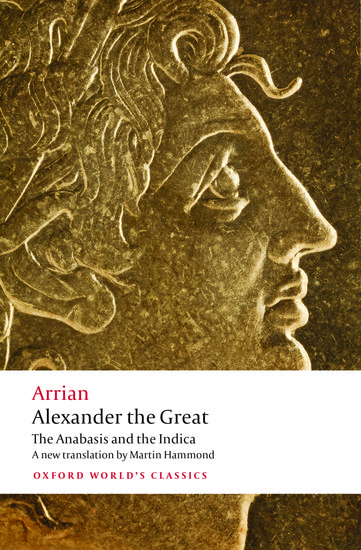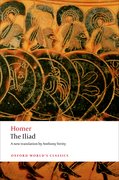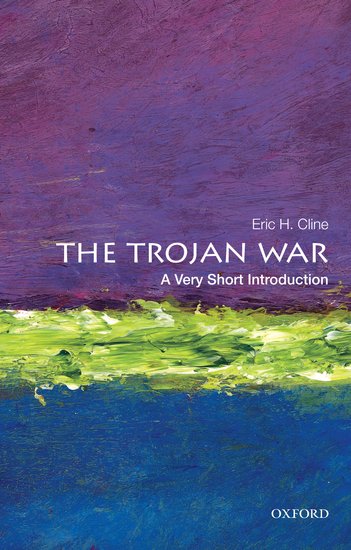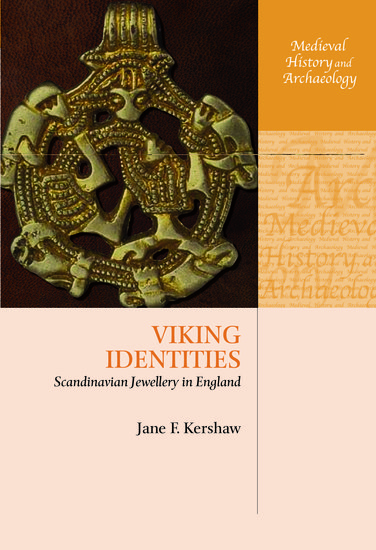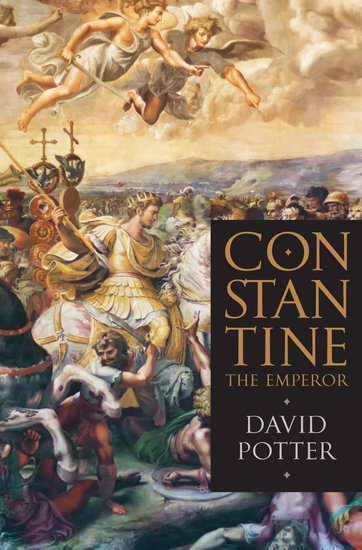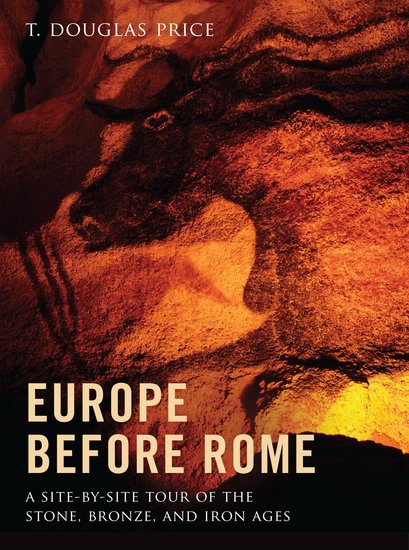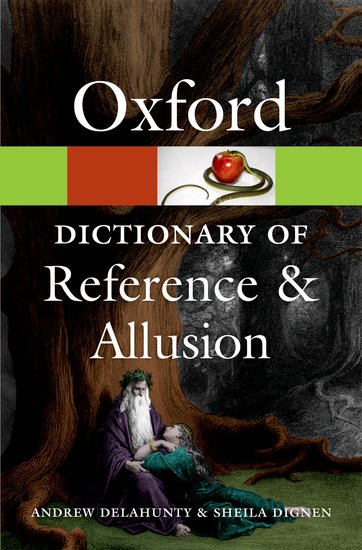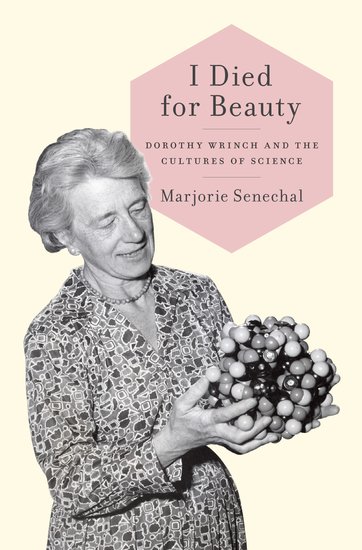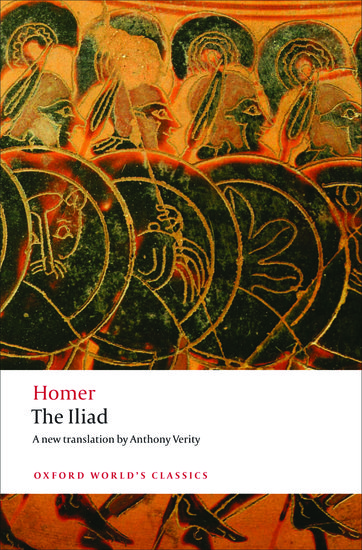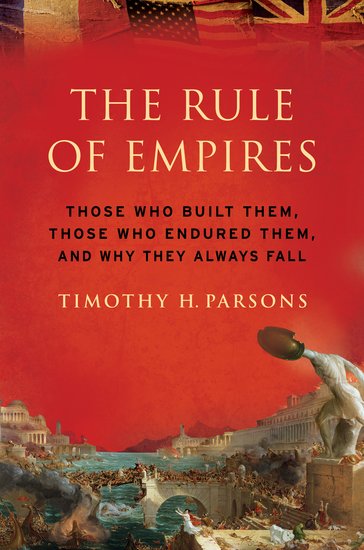The reign of Alexander the Great
The relatively short reign of Alexander (336 to 323 BC) marked one of the major turning-points in world history. The Greek city states continued to function after his death, but the world order had changed and a new era began, which came to be labelled the Hellenistic period. For Alexander, like many an autocrat, departed without leaving a viable succession plan.

